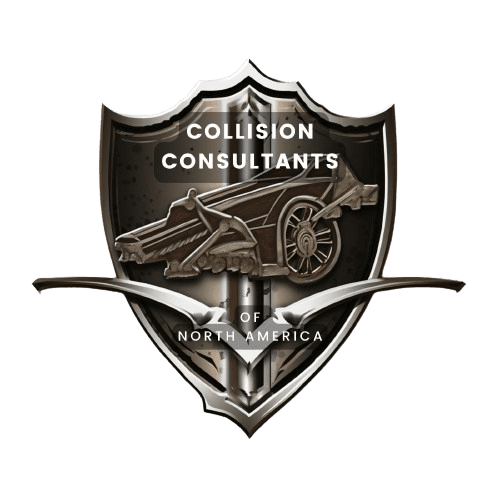Understanding Total Loss Insurance Coverage

Posted on November 20th, 2025
A Comprehensive Guide to What "Total Loss" Means in Insurance
What Is Total Loss Insurance Coverage?
Total loss insurance coverage refers to a provision within an auto insurance policy that applies when your vehicle is declared a "total loss" following an accident or event. A vehicle is typically considered a total loss when the cost to repair it exceeds a certain percentage of its actual cash value (ACV), or when the car cannot be safely or economically repaired. The exact threshold can vary but is often set between 70% and 80% of the vehicle’s ACV, depending on state laws and individual insurer policies.
How Is Total Loss Determined?
When you file a claim after a major accident, your insurance company will send an adjuster to assess the damage. If the adjuster determines that the cost of repairs, plus any salvage value of the vehicle, exceeds the ACV of your car, they will declare it a total loss. The insurance company then takes ownership of the vehicle, and you are compensated based on the policy terms.
Types of Insurance Policies Involving Total Loss
- Comprehensive Coverage: Covers total loss due to non-collision events such as theft, vandalism, fire, or natural disasters.
- Collision Coverage: Applies when your car is totaled in an accident, regardless of fault.
- Gap Insurance: Pays the difference between your car's ACV and the remaining balance on your auto loan or lease, which can be very useful in a total loss situation.
What Happens After a Total Loss Declaration?
- Assessment: The insurance company determines the ACV of your vehicle before the accident.
- Settlement: You receive a payout based on the ACV, minus any deductible and outstanding loan balances if applicable.
- Vehicle Ownership: The insurer usually takes possession of the totaled vehicle, which may then be sold for salvage.
Factors Affecting Total Loss Settlement
- Actual Cash Value (ACV): The market value of your car at the time of loss, considering age, mileage, and overall condition.
- Deductible: The amount you must pay out of pocket before insurance covers the rest.
- Outstanding Loans: If you owe more than the ACV, gap insurance may cover the difference; otherwise, you are responsible for the remainder.
Limitations and Exclusions
Not all events are covered under total loss insurance. For example, if you don’t have comprehensive or collision coverage, you may not be eligible for a payout after a total loss. Certain exclusions, such as intentional damage or driving under the influence, can also void coverage.
Why Understanding Total Loss Coverage Matters
Knowing how total loss insurance works is crucial for making informed decisions about your coverage and for preparing financially in case your vehicle is declared a total loss. Reviewing your policy and discussing your options with your insurance provider can help ensure you have sufficient protection.
Contact Us
Get in Touch
Ready to experience the expertise and advocacy of Collision Consultants of North America? Fill out our contact form today and let us guide you through the complexities of collision repair with precision, transparency, and a commitment to your safety and satisfaction.
